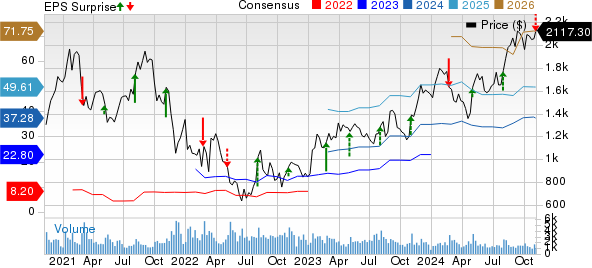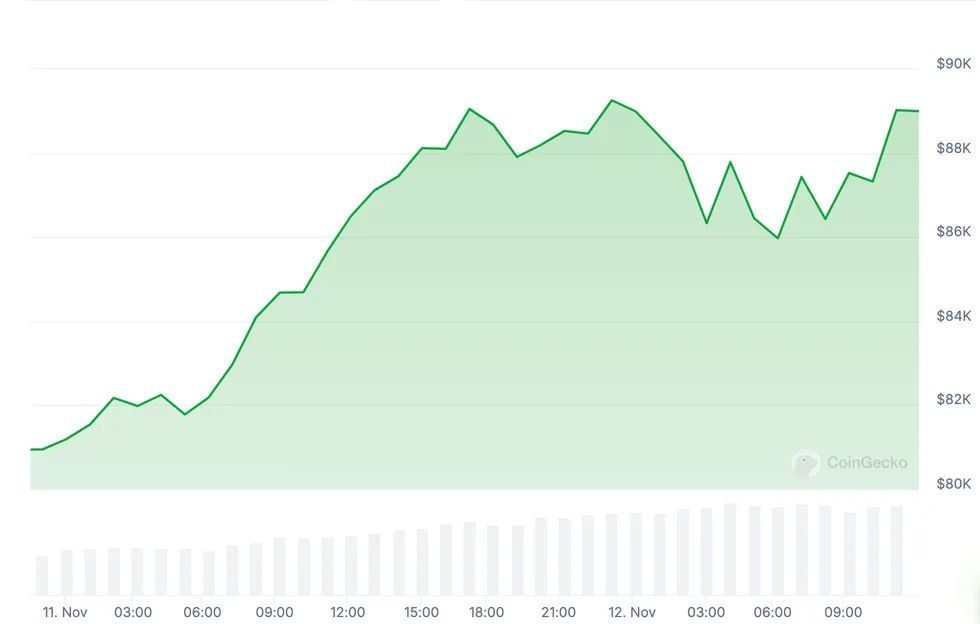Market Reaction to Iran’s Attack
As crude oil futures took a tumble on Monday, traders worldwide anxiously awaited Israel’s response to Iran’s recent missile and drone attack. While the assault caused minimal damage, the sheer magnitude of the event has left investors on edge, anticipating a possible retaliatory move from Israel in the near future.
Implications for Oil Prices
The uncertainty surrounding the situation has directly impacted oil prices, with analysts such as those from J.P. Morgan, including Natasha Kaneva, highlighting the profound influence of Israel’s response on the market. With escalating tensions and aggressive rhetoric from both sides, the price of oil stands at a precarious position, poised for potential volatility in the immediate term.
Geopolitical Pivots and Price Forecasts
The direct Iranian attack on Israel signals a significant shift in Tehran’s strategy, moving away from operating through proxies. According to JPM analysts, this unprecedented move has the potential to rewrite the rules of engagement between the two countries, possibly triggering a broader regional conflict. This development has prompted Citi analysts to raise their short-term oil price forecast, projecting a surge to $88 per barrel from an initial estimate of $80. The analysts further speculate that a full-scale conflict could propel oil prices to $100 per barrel, while de-escalation could bring prices back down to the high $70s or low $80s.
Societe Generale, in response to the geopolitical risks at play, has increased its Q2 forecast for Brent crude to $91 per barrel and WTI to $87.50 per barrel. The firm predicts that these risks will continue to underpin oil prices in the foreseeable future, underscoring the potential for continued volatility.
Current Market Trends
Despite gains in oil benchmarks leading up to Iran’s attack, front-month Nymex crude for May delivery closed down by 0.3% at $85.41 per barrel, while front-month June Brent crude ended 0.4% lower at $90.10 per barrel.
Impending Challenges and Strategic Responses
The Biden administration is poised to address the situation by potentially tapping into the U.S. Strategic Reserve, as fuel demand is expected to surge to post-pandemic highs during the upcoming summer months. Macquarie oil and gas strategist Vikas Dwivedi anticipates a need for aggressive measures to stabilize prices, emphasizing the release of oil from the reserve as a crucial tool to mitigate market volatility.
As RBOB gasoline prices see a significant YTD increase alongside rising crude oil costs, concerns loom over potential fuel shortage due to past delays in refinery maintenance. Dwivedi warns of possible breakdowns in the fuel-making process, emphasizing the critical need for proactive measures to navigate the evolving market dynamics.




